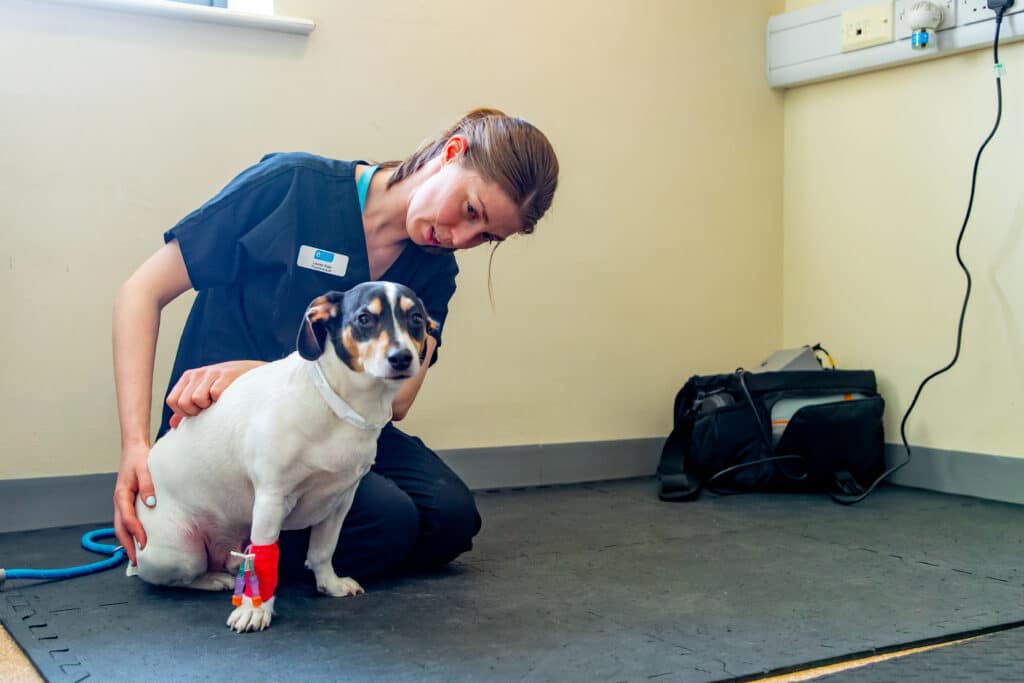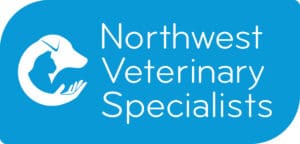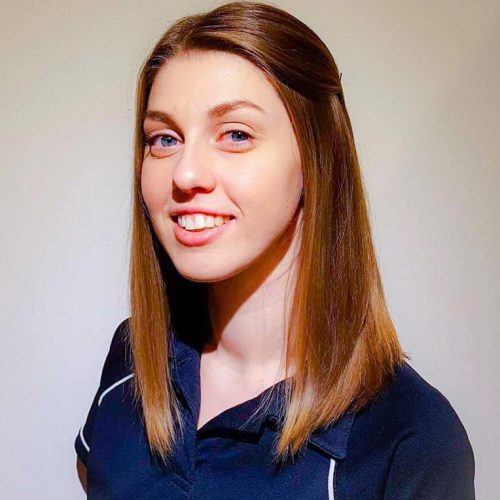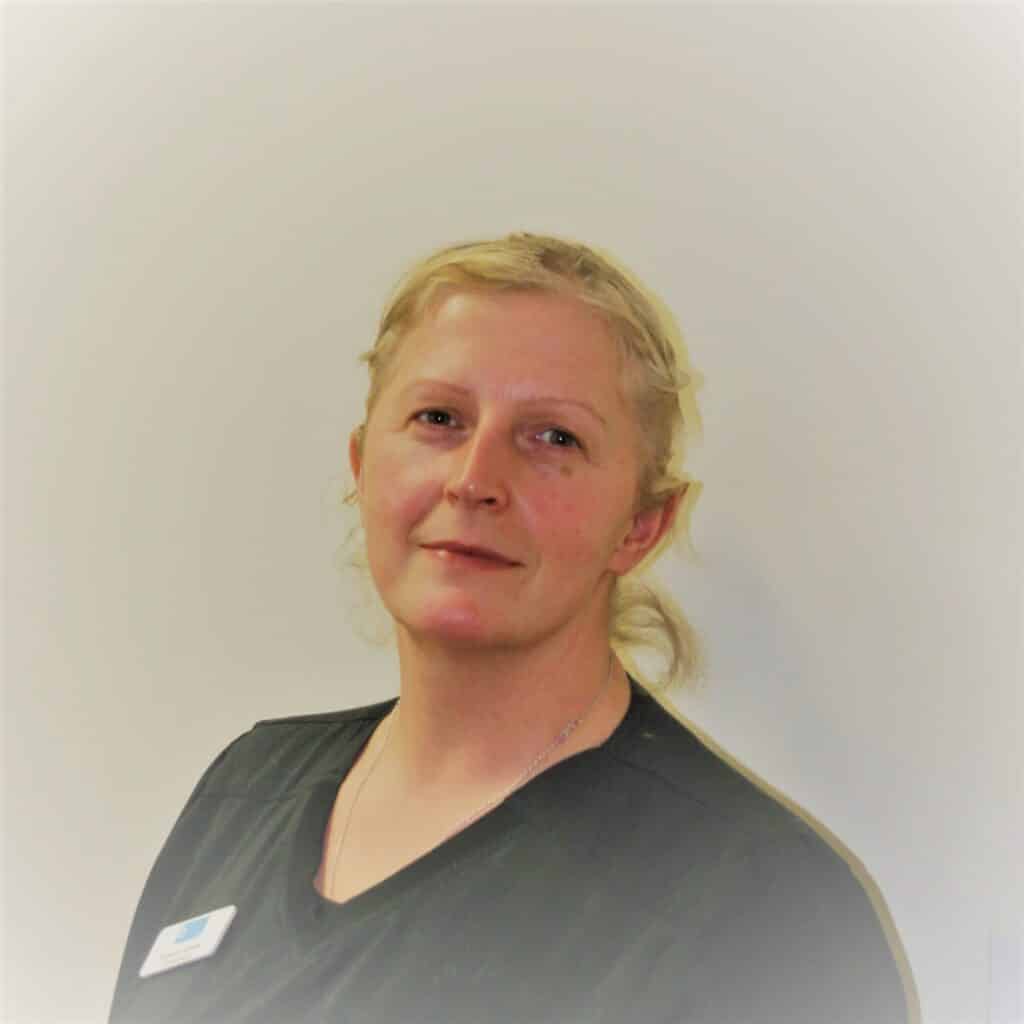Veterinary surgeons only
Veterinary Physiotherapy
Just like humans, animals respond to physiotherapy. The purpose of physiotherapy is to restore and maintain mobility, function and independence.
From post-surgical management, injury treatment without surgery, management of conditions in the older patient and preventative strengthening; physiotherapy serves to optimise recovery and performance. It is an essential addition to the management of a wide plethora of conditions.
Our veterinary physiotherapists are trained to post-graduate level and are both Association of Chartered Physiotherapists in Animal Therapy (ACPAT) and Register of Animal Musculoskeletal Practitioners (RAMP) registered. Therefore, you can be assured that all our therapists comply with the highest standards and demonstrate specialist knowledge of anatomy, biomechanics, pathology and physiology.
Our veterinary physiotherapists work as part of our multidisciplinary team treating both inpatients, outpatients and stand-alone referrals. They strive to maximise outcomes and minimise any hospitalisation duration.
Appointments with a veterinary physiotherapist include a thorough assessment, allowing treatments and home exercise programmes to be individually prescribed and progressed as the pet continues to improve. They also give the owner the opportunity to ask questions about the recovery pathway in real-time and allow the rapid identification of any issues in the recovery process. The physiotherapist will keep the clinician regularly updated on pets’ progress and discuss any issues/concerns with them promptly.

There are many conditions which can benefit from veterinary physiotherapy input:
Neurology
Many patients with neurological conditions can benefit from physiotherapy whether that is post-operative recovery or conservative treatments when surgical management isn’t appropriate/possible.
- Post-surgical rehabilitation
- Conservative management
- Balance retraining
- Gait re-education
- Restoration of independence and normal movement patterns
- Home management of the neurologic patient
- Utilisation of appropriate devices for improved handling, mobility and home management
Orthopaedic
Patients receiving treatment for orthopaedic conditions such as cruciate disease or elbow dysplasia can also benefit from post-operative management and home exercise programmes or it may be decided that conservative management is the best/only option for a particular patient.
- Post-surgical rehabilitation
- Conservative management and strengthening
- Preventative strategies
- Taping
- Splinting/ Bracing
- Mobility assistance
Geriatric Care
Unfortunately we are unable to stop time and ageing is an inevitable part of our pet’s lives. However physiotherapy can be very effective in maximising quality of life for geriatric patients with conditions such as osteoarthritis and reduced mobility. Veterinary physiotherapists are also experts in providing you with advice on how you may be able to help your pet manage better at home.
- Arthritic conditions
- Global weakness
- Instability/infirmness
- Mobility aids
- Home management
Pain Management
Sometimes a case may be complex or a pet may be being treated for a variety of conditions. These cases may require long term management. As with the geriatric patients, physiotherapy can help to optimise quality of life in these cases. Complications – some patients can experience secondary issues while hospitalised that are often associated with recumbency. Physiotherapy can help to resolve and minimise these issues.
Every pet undergoes a detailed assessment of their condition to allow a tailored plan to be made. Veterinary physiotherapy encompasses a variety of manual therapies, electrotherapies and exercise prescription. We use a variety of techniques such as massage and joint mobilisations, and patient specific exercise programmes that help your pet regain balance, strength, flexibility and co-ordination. The overall aim of treatment is to restore your pets function and performance to the best possible level.
- Multidisciplinary management of complex cases
Testimonials
What our clients say:
Arranging a Referral or Case Advice
If you are a veterinary professional and would like to make a referral, or require pre-referral advice about a patient, please use the online forms.


